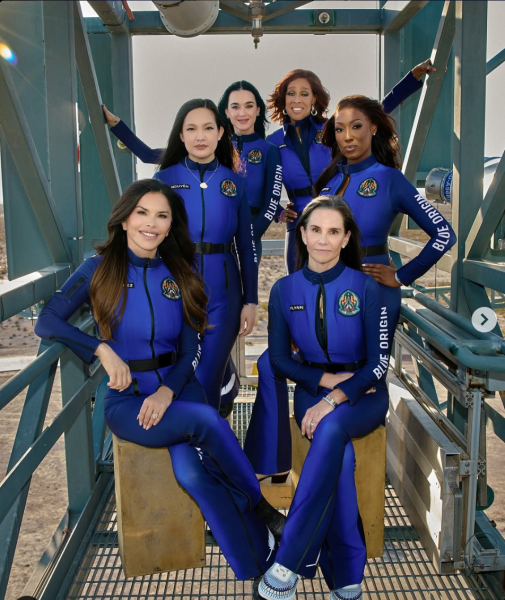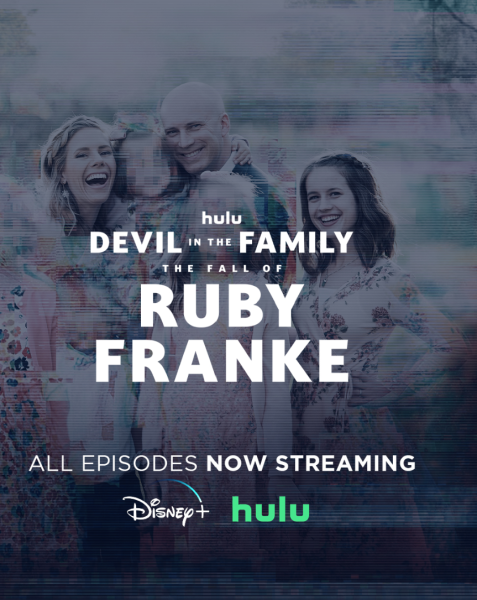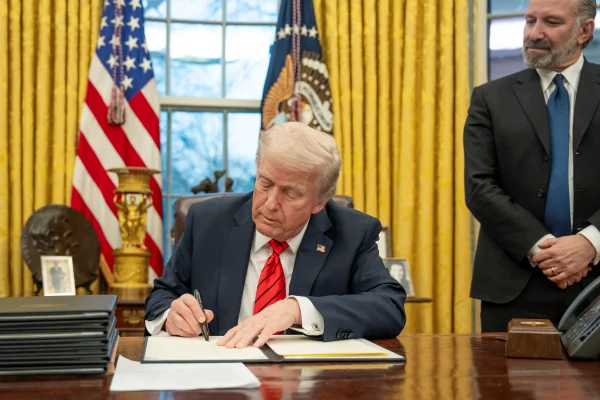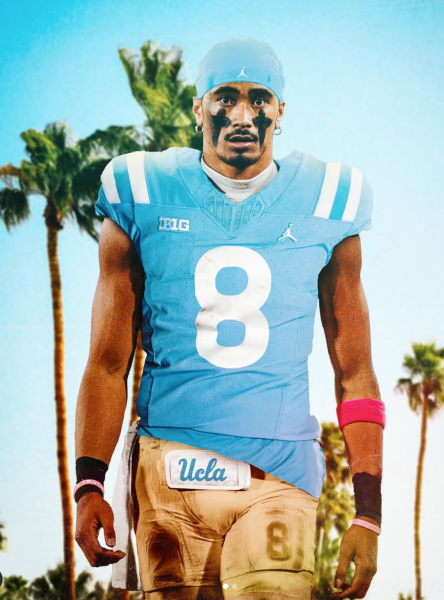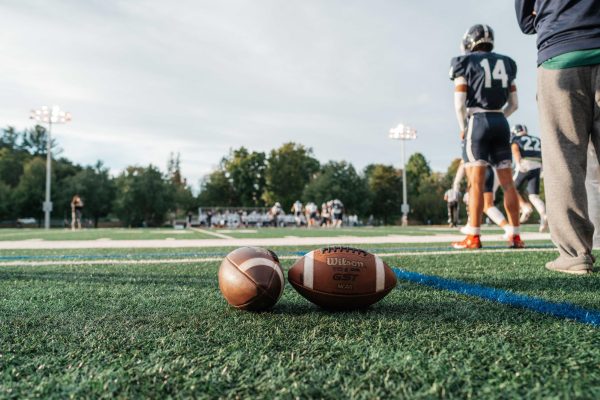#BringBackOurGirls
Many people have joined the online campaign #BringBackOurGirls to help find over 250 girls ages 15-18 who were kidnapped from their boarding school on April 15th, 2014 in Chibok, Nigeria. Boko Haram, the Muslim extremist group whose name translates to “Western Education is a sin”, took the girls after firing gunshots and ushering the panicked teens into vans.
The school the girls had been attending was closed down in March due to terrorist threats and recently reopened so the girls could take their exams. Fifty girls escaped, but the location of the others remains unknown. They are expected to be in the jungle in a search area the size of New England. It is suspected that the girls are being auctioned off as “wives” of militants.
Although this attack occurred mid April, it wasn’t until weeks later that it reached the attention of hundreds around the world. There has been little Nigerian government support in finding the girls or reacting to their kidnapping. Other countries, the United States included, have sent in their support, advice, and help with the situation.
In a video released on May 12, 2014, nearly 100 of the schoolgirls sat huddled and scared singing from the Koran. The leader of Boko Haram, Abubakar Shekau, can be seen issuing threats in that same footage and saying the girls had converted to Islam.
Shortly after news was released about this attack to others around the world, film director Ramaa Mosley started using the phrase #BringBackOurGirls on Twitter, first registered by the user Ibrahim M. Abdullahi on April 23rd, 2014 according to Topsy social media analysis. The hashtag became a trending topic and the Facebook page has thousands of likes. According to an article on BBC News on May 13th the hashtag had already been used 3.3 million times on Twitter.
This hashtag activism has inspired thousands of participates and has spread word of the issues quickly, although some would argue that merely updating a social media status does not make enough of a change.
“The risk of a campaign like this is that it allows the tweeting masses to feel good — #JustDoSomething — without solving the problem or forcing them to gain a fuller understanding of the situation,” writes Michelle Quinn in a May 14th, 2014 article in the San Jose Mercury News.
Many parents, celebrities, government officials, and concerned people worldwide have posted pictures of themselves holding signs with the phrase #BringBackOurGirls.
One of the first to take a photo in support of the online campaign, Michelle Obama said in her Presiential address, “In these girls, Barack and I see our own daughters… their hopes, their dreams. We can only imagine the anguish their parents are feeling right now.” According to an Article on May 14th, 2014 in the Washington Post, this photo has sparked another hashtag, #WeCantBringBackOurDead, which is fighting against the Obama administration and the drone strikes the administration continues in multiple countries.
Eleven female US Senators hold a sign reading #BringBackOurGirls. All twenty female US Senators have since joined to condemn the abduction of the girls in Nigeria.
Malala Yousafzai, the Pakistani schoolgirl and activist who was shot in 2012 by the Taliban, held this sign and posted the photo as her organization profile picture on Twitter. According to a May 8th, 2014 article in The Independent, Malala referred to the Nigerian girls as her “sisters” in an interview with CNN.
Actress and comedian Amy Poehler held this sign and posted this photo to her Instagram account according to an article on nydailynews.com on May 8th, 2014. Her support has since been recognize alongside both the First Lady and Malala Yousafzai.
Justin Timberlake holds a sign with a parallel hashtag to #BringBackOurGirls, #RealMenDontBuyGirls.
On May 9th, 2014, Aidevo Okaisabor ’15 organized a picture of Williston students, teachers, and faculty with signs reading #BringBackOurGirls.



